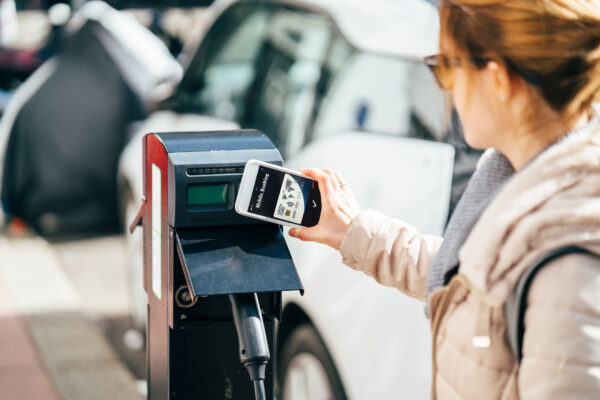In the ever-evolving world of transportation, the rise of electric vehicles (EVs) marks a significant leap toward sustainability. At the heart of this green movement is an often-overlooked component: EV billing. This article explores the crucial role of EV billing in fostering a cleaner, more sustainable future.
The Crucial Role of EV Billing
Beyond Charging: Fostering Eco-Friendly Mobility
Electric vehicles are celebrated for their eco-friendly benefits, but their success relies heavily on effective EV billing systems. It’s not just about charging; it’s about creating a seamless, efficient ecosystem that encourages widespread EV adoption.
Understanding the Mechanism
Smart Charging Infrastructure: Enhancing Efficiency
The backbone of EV billing is smart charging infrastructure. This advanced system enables real-time communication between charging stations, vehicles, and billing software, ensuring a secure and efficient charging process. It’s about more than just power; it’s about intelligent connectivity that makes charging smooth and integrated.
Billing Software: The Central Hub
At the core of EV billing lies sophisticated billing software. This digital powerhouse processes data from charging sessions, calculates costs, and generates clear invoices. It’s the heart of the EV billing system, ensuring accuracy, transparency, and a user-friendly experience.
Unveiling the Benefits
Beyond Charging: Embracing the Advantages of EV Billing
The benefits of EV billing extend far beyond the charging station. For EV owners, it means cost savings and a reduced environmental footprint. For charging stations, it leads to increased efficiency and seamless operations. EV billing acts as a catalyst for sustainable mobility, making it an attractive choice for individuals and businesses alike.
Overcoming Challenges
Navigating Obstacles: Addressing EV Billing Challenges
Despite its benefits, EV billing faces challenges such as interoperability issues, diverse charging standards, and the need for a strong regulatory framework. Overcoming these hurdles is essential for the continued growth and acceptance of electric vehicles in the mainstream market.
Future Trends
Innovations Ahead: Shaping the Future of EV Billing
The evolution of EV billing is ongoing. Future trends include wireless charging, increased automation, and greater integration of sustainable energy sources. These innovations are set to accelerate the electric vehicle revolution, making sustainable mobility more accessible and convenient.
Conclusion:
In the broader context of sustainable mobility, EV billing is a crucial element, intertwining innovation, efficiency, and environmental awareness. As the popularity of electric vehicles grows, the advancement of EV billing reflects our commitment to a greener, more sustainable future. Each charge represents a step toward a world where driving signifies environmental responsibility.
